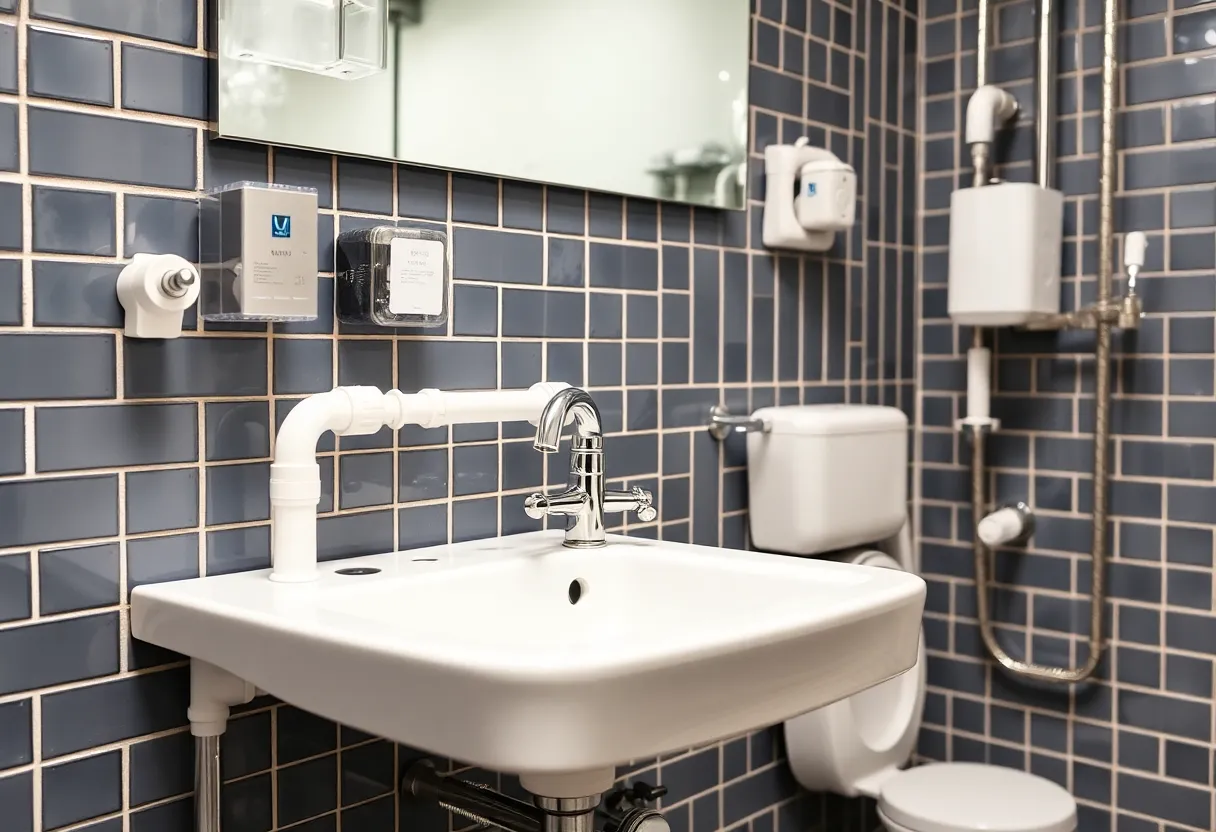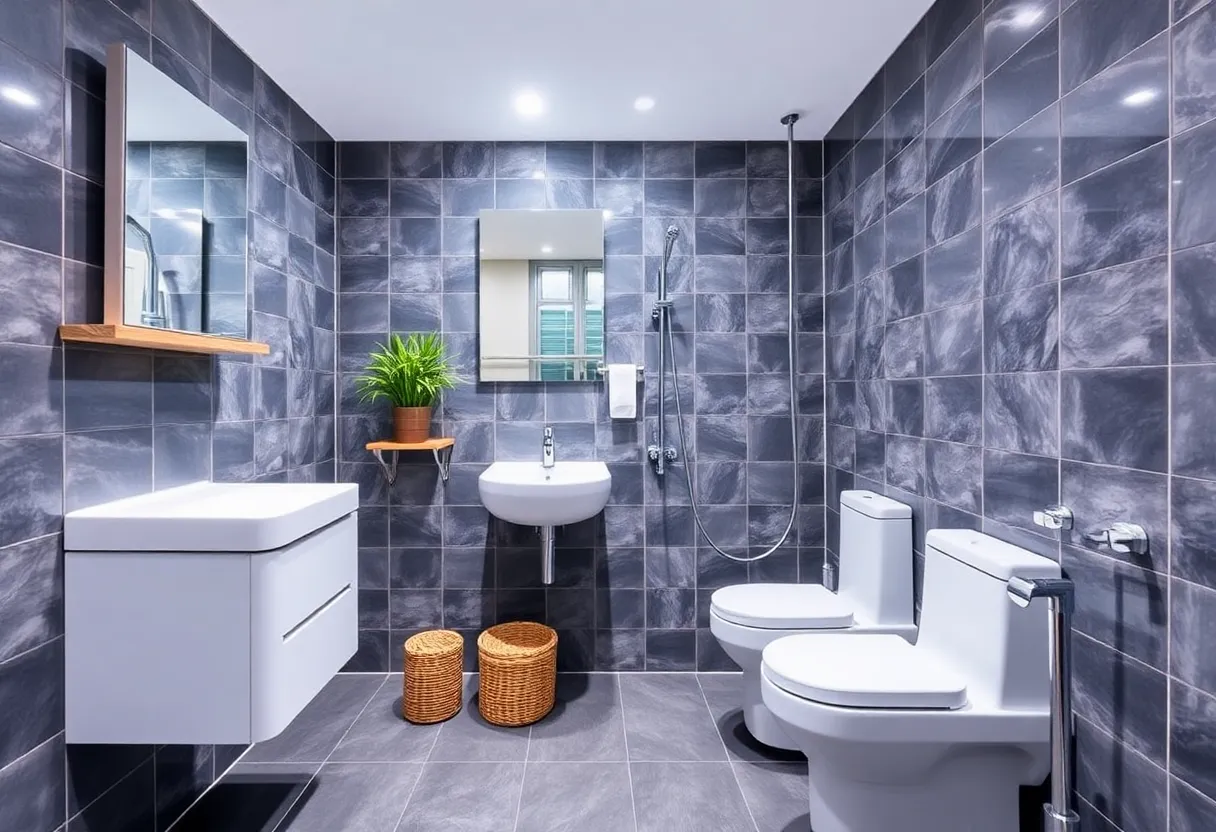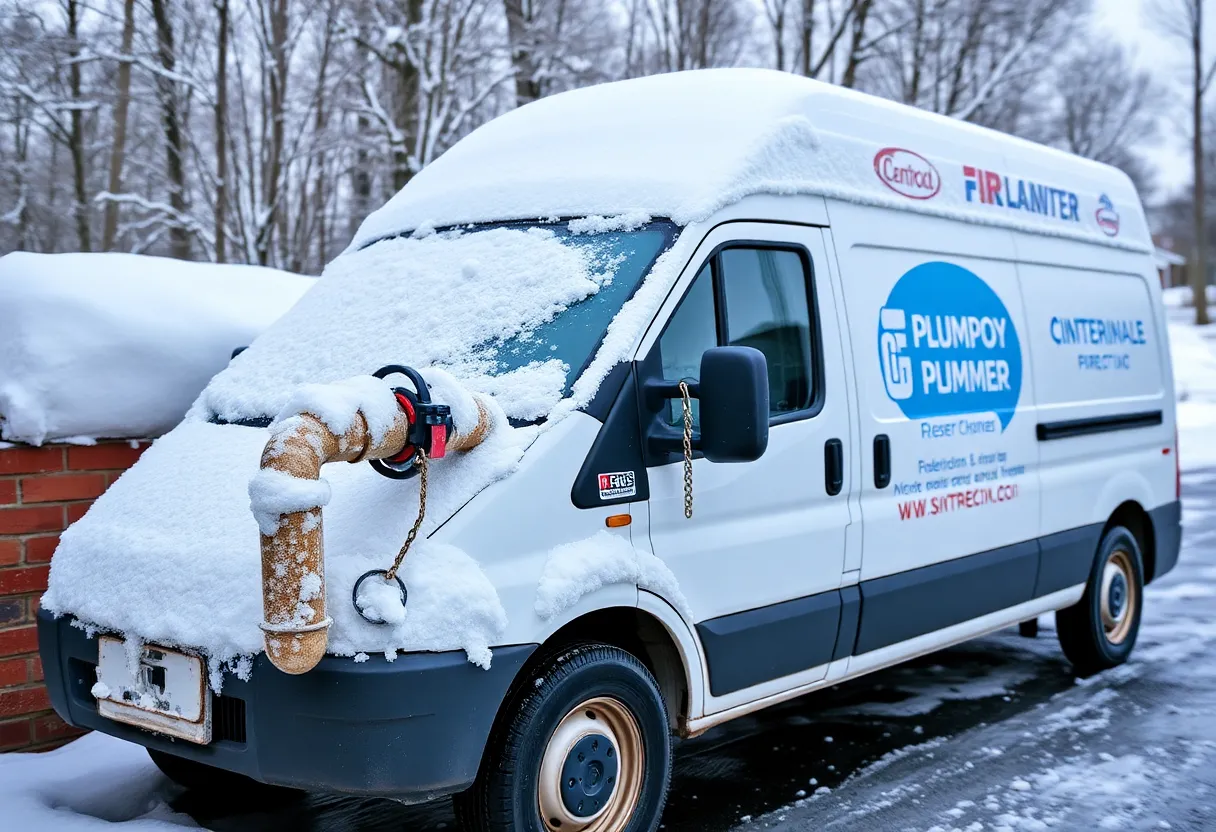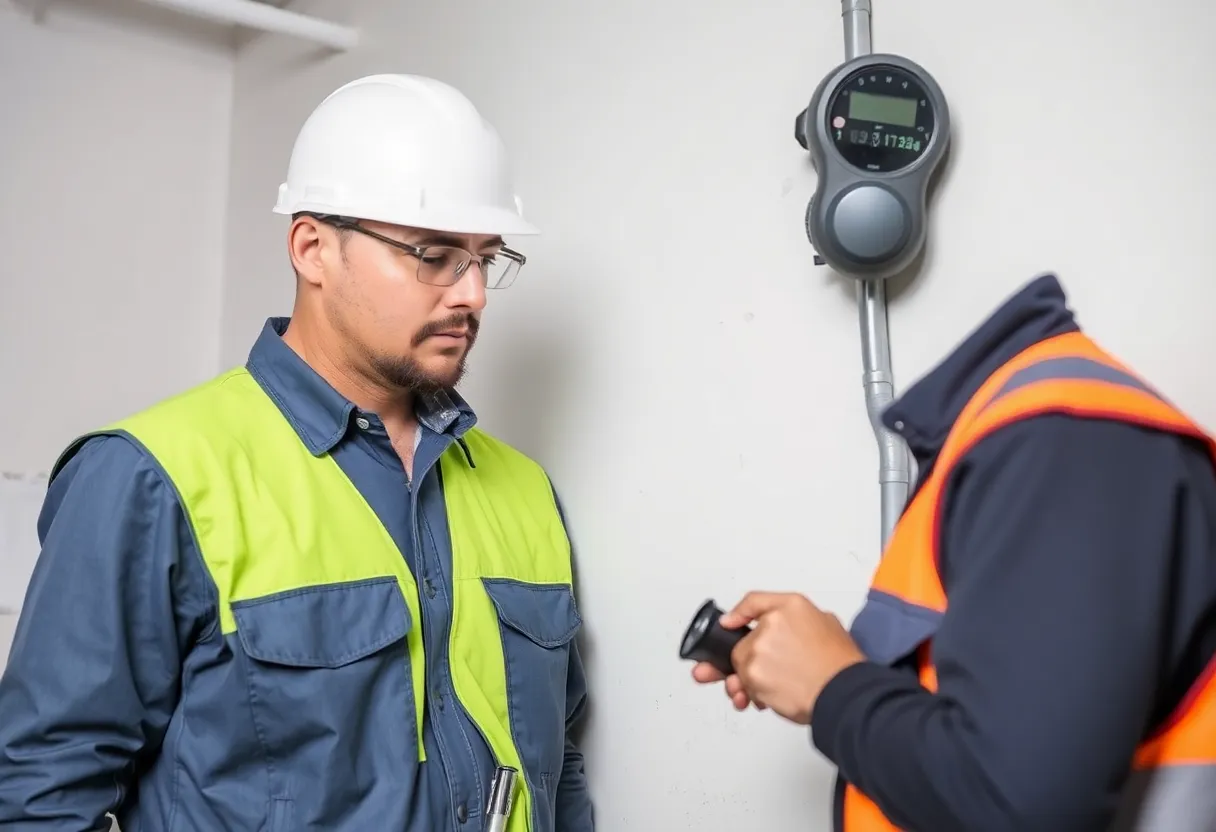The Plumbing Investment: 6 Upgrades That Will Transform Your Home’s Value
When it comes to home renovation, many homeowners focus on the aesthetic aspects like landscaping, kitchen remodels, and interior design. However, one of the most crucial areas to consider for increasing your home’s value is plumbing. Investing in plumbing upgrades can not only enhance your home’s comfort and functionality but can significantly boost its market value. In this article, we’ll explore six plumbing upgrades that can transform your home’s value.
1. Repiping Your Home
One of the most important plumbing investments for homeowners, especially in older houses, is repiping. Over time, pipes can corrode, leak, and lead to significant issues that may affect your home’s structure and health. The benefits of repiping are multifaceted:
- Enhanced Water Quality: Older pipes, especially those made from galvanized steel or lead, can affect water quality. Replacing them with modern materials such as copper or PEX improves water quality and safety.
- Increased Efficiency: New pipes mean fewer leaks, which translates into lower water bills and greater efficiency.
- Enhanced Home Value: Potential buyers often shy away from homes with outdated plumbing systems. A repiped home can attract quality offers and increase overall value.
When to Consider Repiping
If you are experiencing frequent leaks, rust-colored water, or a drop in water pressure, it may be time to consider repiping your home. Consulting with a professional plumber can provide insights on the best course of action and costs involved.
2. Upgrading to a Tankless Water Heater
Traditional tank water heaters have been a standard in households for decades. However, with advancements in technology, tankless water heaters have emerged as a top contender for homeowners looking to increase efficiency and comfort. The advantages include:
- On-Demand Hot Water: Unlike traditional models, tankless heaters provide hot water as needed, eliminating the worry of running out.
- Energy Efficiency: These heaters only operate when hot water is needed, which reduces energy costs.
- Space Saving: Tankless water heaters are compact and can be installed in tighter spaces, providing more flexibility in your home design.
Considerations for Installation
When considering this upgrade, it’s important to evaluate your household’s hot water needs. Professional installation is crucial for optimal performance and efficiency.
3. Installing Low-Flow Fixtures
The push for sustainability has prompted many homeowners to consider low-flow plumbing fixtures. These fixtures—such as faucets, showerheads, and toilets—are designed to use significantly less water without sacrificing performance. Benefits include:
- Water Conservation: By using less water, you contribute to local water sustainability efforts while reducing your monthly utility bills.
- Increased Home Appeal: Energy-efficient fixtures can be a big selling point for environmentally-conscious buyers.
- Tax Incentives: Depending on your location, installing energy-efficient fixtures may qualify you for tax deductions or rebates.
Choosing the Right Low-Flow Fixtures
When selecting low-flow fixtures, look for those that are certified by the Environmental Protection Agency’s WaterSense program to ensure you are getting quality products. Consider high-efficiency toilets (HETs) as they significantly reduce water usage while maintaining excellent performance.
4. Upgrading to Smart Plumbing Systems
The rise of smart home technology has made its way into plumbing, offering easy control over your home’s water usage. Smart plumbing systems can include anything from leak detection systems to smart faucets and appliances. Here’s why investing in these technologies can be beneficial:
- Leak Detection: Smart systems can alert you to leaks before they cause extensive damage, potentially saving thousands in repair costs.
- Efficiency Monitoring: Many smart systems allow you to monitor water usage in real-time, enabling you to make informed decisions about conservation.
- Convenience: Remote control features allow you to manage appliances and faucets from your smartphone, providing ease of use and peace of mind.
Installation Tips for Smart Systems
Before upgrading, ensure that your plumbing system is compatible with smart technology. Consult with a professional plumber who is experienced in smart home systems to avoid any installation pitfalls.
5. Bathroom Renovations with Focus on Plumbing
A well-designed bathroom can significantly enhance your home’s value, and plumbing plays a pivotal role in this. Consider these plumbing upgrades for your bathroom renovation:
- Modern Toilets: Invest in high-efficiency toilets that offer water-saving features.
- Shower Upgrades: Installing a luxurious shower system with multiple showerheads can enhance comfort and aesthetics.
- New Bathtubs: A stylish, modern bathtub can serve as a centerpiece for your bathroom, appealing to potential buyers.
Benefits of Bathroom Plumbing Renovation
A renovation not only modernizes the space but also ensures that the plumbing system is efficient and up to code. Homebuyers are often willing to pay a premium for a visually appealing and fully functional bathroom.
6. Investing in Regular Maintenance
While upgrades are essential, don’t forget the value of regular maintenance for your plumbing system. Establishing a routine maintenance schedule ensures that minor issues do not turn into costly repairs. Key considerations include:
- Piping Inspections: Regular inspections can help identify corrosion or potential leaks early, sparing you from bigger expenses down the line.
- Drain Cleaning: Clogs can create serious issues if not addressed. Professional drain cleaning can save you from significant plumbing emergencies.
- Water Heater Maintenance: Flushing your water heater annually can improve performance and efficiency.
Finding a Qualified Professional
Investing in routine maintenance is crucial to ensure longevity and efficiency in your plumbing system. It’s advisable to hire licensed and experienced plumbers who can provide a comprehensive maintenance plan.
Conclusion
Investing in plumbing upgrades is not just about improving daily comfort; it’s a strategic move to enhance your property’s value. By focusing on upgrades such as repiping, installing tankless water heaters, and incorporating low-flow fixtures, you can significantly improve the efficiency, safety, and value of your home. Don’t overlook the importance of smart plumbing systems and regular maintenance, as they ensure your investment continues to pay dividends for years to come.
Your home is one of your most valuable assets—make wise plumbing investments to protect and increase its worth!









